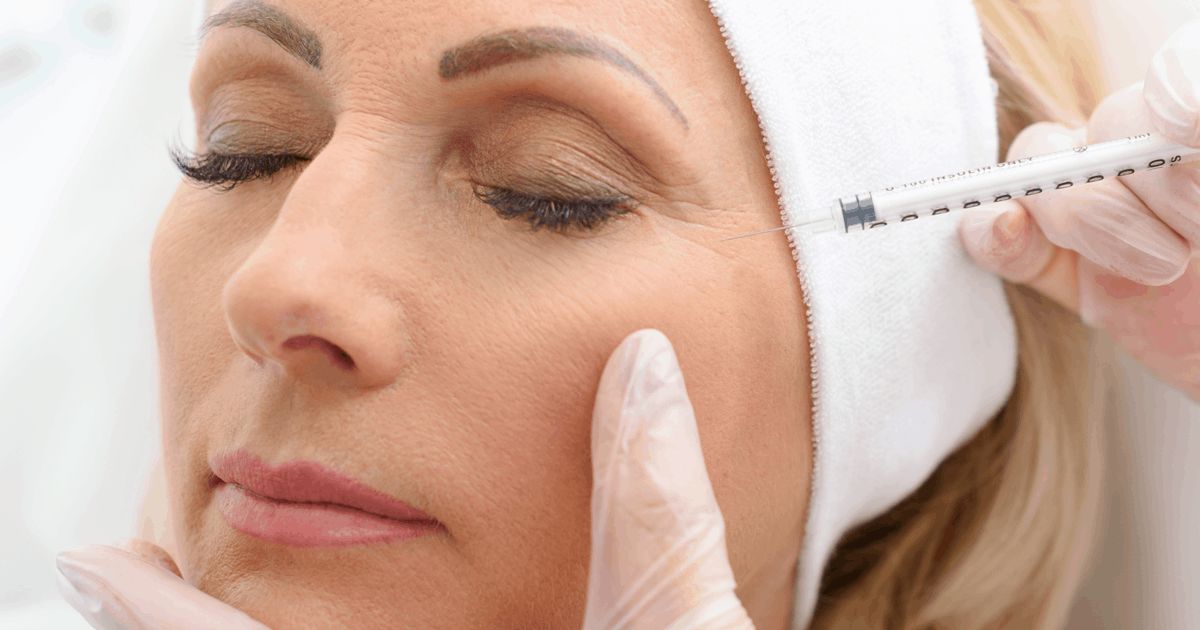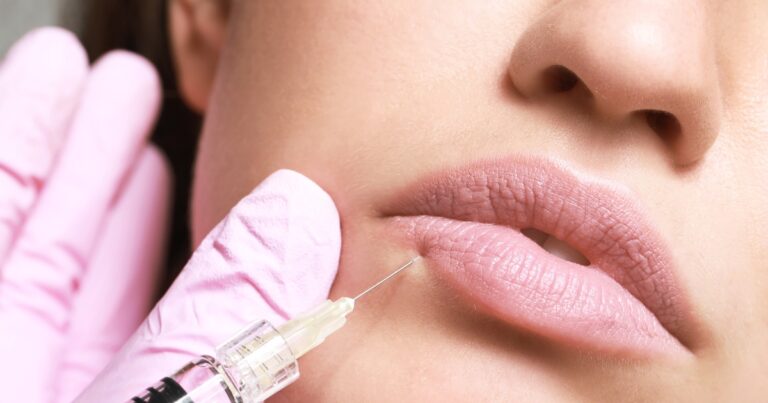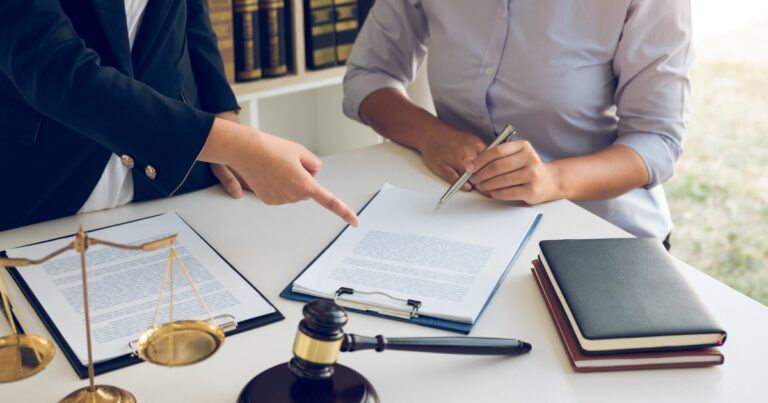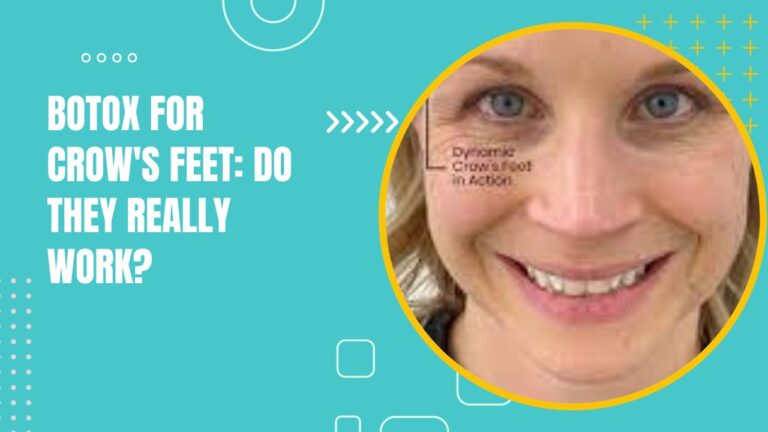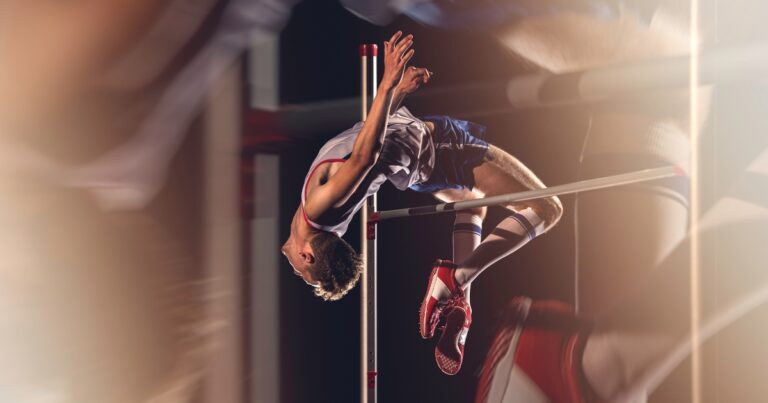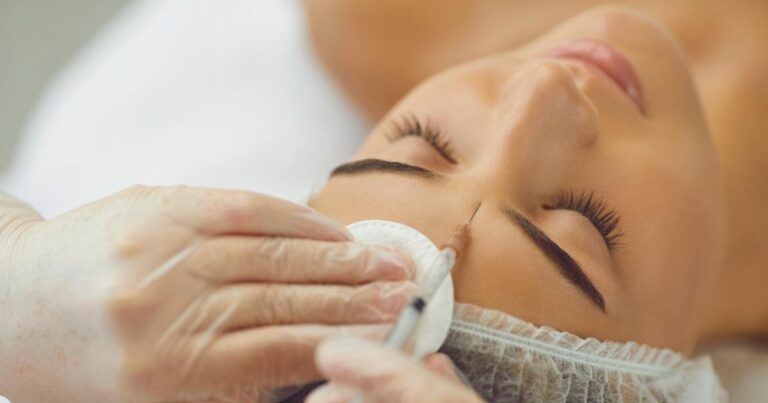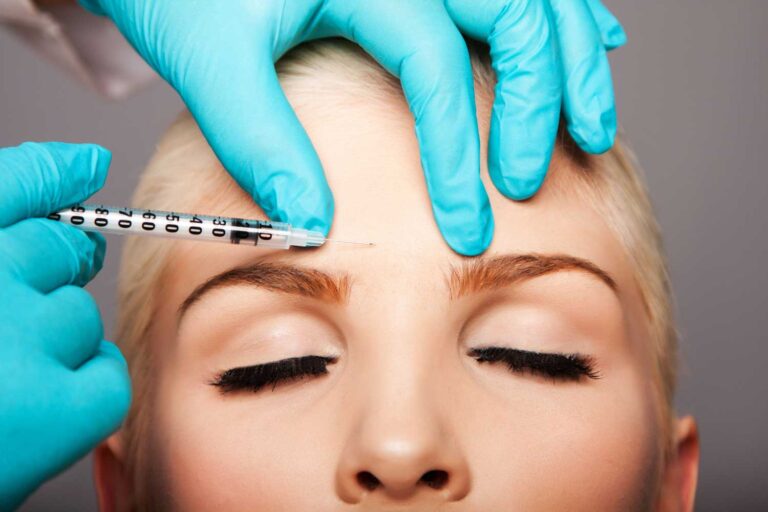The Production Process of Botox
I. Introduction to Botox and Its Manufacturing
Botox, a name synonymous with youth and beauty, has a fascinating production journey. In this article, we delve into the meticulous process of how Botox is made, guided by the expertise of renowned specialists like Dr. Tarek.
A. Overview of Botox Uses and Popularity
Botox has become a household name, known for its ability to smooth wrinkles and treat various medical conditions. Its popularity is a testament to its effectiveness and the science behind it.
B. Dr. Tarek’s Expertise in Botox Applications
Dr. Tarek, with years of experience in administering Botox, ensures that patients receive the highest quality treatment, tailored to their individual needs.
II. How Botox is Made: The Beginning of the Process
The creation of Botox is a complex procedure that begins with the cultivation of a specific bacterium.
A. The Science Behind Botox
Botox is derived from a neurotoxin produced by the bacterium Clostridium botulinum. This toxin temporarily paralyzes muscles, leading to the reduction of fine lines and wrinkles.
Book A Consultation With Dr Tarek Bayazid
Top-rated Plastic Surgeon For Botox in Dubai
Installment Plan Available
B. The Role of Clostridium Botulinum in Botox Production
The bacterium Clostridium botulinum is the starting point for Botox production. It is carefully cultivated under strict laboratory conditions to produce the neurotoxin.
C. Initial Cultivation of Bacteria for Botox
- Selection of bacterial strain
- Controlled growth environment
- Monitoring for optimal toxin production
The Science and Initial Cultivation of Botox
| Aspect | Detail | Source |
| Botox Composition | Made from toxin produced by Clostridium botulinum | MedlinePlus |
| Cultivation | Culture of Hall strain of C. botulinum | Peachy |
| Initial Process | Refined through acid precipitations | Peachy |
III. The Journey from Bacteria to Botox: Manufacturing Steps
Transforming the bacterium into a safe and effective product involves several critical steps.
A. Fermentation and Purification Process
The bacteria undergo fermentation, and the resulting toxin is purified to meet stringent safety standards.
B. Ensuring Purity and Potency in Botox Production
- Multiple purification stages
- Testing for consistent potency
- Removal of impurities
C. Quality Control Measures in Botox Manufacturing
- Rigorous testing protocols
- Compliance with regulatory standards
- Batch-to-batch consistency
Fermentation and Purification in Botox Manufacturing
| Step | Description | Source |
| Fermentation | Growth of bacteria in controlled conditions | NCBI |
| Purification | Series of acid precipitations for purity | Peachy |
| Quality Control | Ensuring potency and safety of Botox | Bloomberg |
IV. Botox Formulation and Preparation
Once purified, the toxin is formulated into Botox, ready for medical and cosmetic use.
A. Converting Botulinum Toxin into Botox
The purified toxin is diluted to therapeutic levels and combined with other ingredients to create the final Botox product.
B. Stabilization and Preservation of Botox
- Addition of stabilizers
- Measures to ensure product longevity
- Maintenance of therapeutic efficacy
V. Intricacies of Botox Dosage and Packaging
Precise dosing and sterile packaging are crucial for the safety and effectiveness of Botox.
A. Precision in Botox Dosage Creation
- Accurate measurement of units
- Adherence to dosage guidelines
- Customization for specific treatments
B. Safe and Sterile Packaging Techniques
- Aseptic filling processes
- Tamper-evident seals
- Compliance with storage requirements
VI. Botox Distribution and Supply Chain Management
Ensuring that Botox reaches clinics safely and efficiently is a key part of the process.
A. From Manufacturing Plant to Clinics
- Secure transportation methods
- Temperature-controlled logistics
- Tracking systems for accountability
B. Storage and Handling of Botox Products
- Specific temperature conditions
- Protection from light and contamination
- Training for healthcare providers
VII. Clinical Applications of Botox
Botox’s versatility extends beyond cosmetic applications to various medical treatments.
A. Botox in Medical Treatments
- Chronic migraine management
- Treatment of muscle spasticity
- Addressing excessive sweating
B. Cosmetic Enhancements with Botox
- Reduction of facial wrinkles
- Brow lift effects
- Jawline contouring
VIII. Understanding the Side Effects and Safety of Botox
While Botox is generally safe, it’s important to be aware of potential side effects. TMJ Alleviation through Botox is a treatment where doctors use Botox to help reduce jaw pain. It’s like a special medicine that helps your jaw feel better.
A. Potential Side Effects of Botox Use
- Temporary bruising or swelling
- Mild pain at injection sites
- Rare allergic reactions
B. Safety Protocols and Patient Care
- Informed consent process
- Post-treatment guidelines
- Emergency response plans
IX. The Future of Botox: Research and Developments
Ongoing research promises to expand the uses and improve the production of Botox.
A. Innovations in Botox Production Techniques
- Advanced purification methods
- Sustainable manufacturing practices
- Enhanced quality control technologies
B. Emerging Uses of Botox in Medicine
- Therapeutic applications in new conditions
- Potential in wound healing
- Research into neurological disorders
X. FAQs on Botox Production
What is the process of how Botox is made?
Botox is made through a controlled process of culturing Clostridium botulinum bacteria, extracting the neurotoxin, and purifying it to medical-grade standards before formulating it into the final product.
How does Dr. Tarek ensure the quality of Botox?
Dr. Tarek ensures the quality of Botox by sourcing from reputable manufacturers that adhere to strict quality control measures and by staying updated with the latest advancements in Botox applications.
What are the safety measures in Botox manufacturing?
Safety measures in Botox manufacturing include rigorous testing, adherence to regulatory guidelines, and ensuring batch consistency to provide a safe product for patients.
Can Botox be used for conditions other than cosmetic enhancements?
Yes, Botox can be used for a variety of medical conditions, including chronic migraines, muscle spasticity, and excessive sweating, among others.
How is Botox potency measured during manufacturing?
Botox potency is measured in units, with precise dosing determined through standardized assays to ensure the effectiveness and safety of the product.
